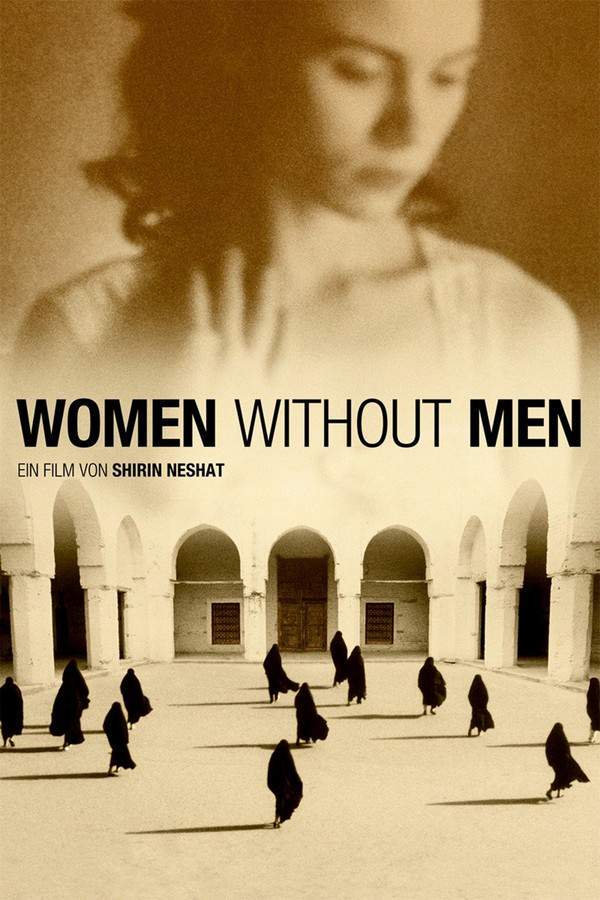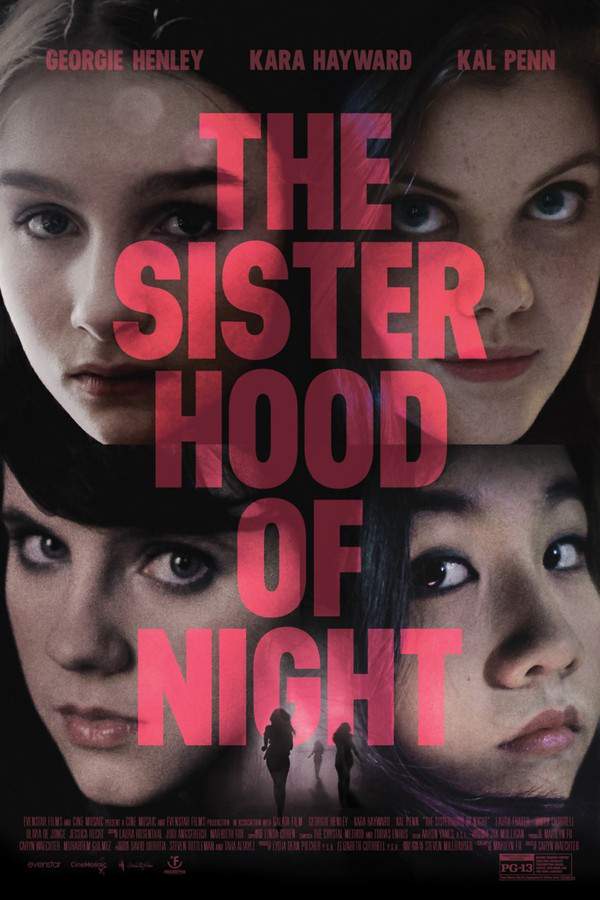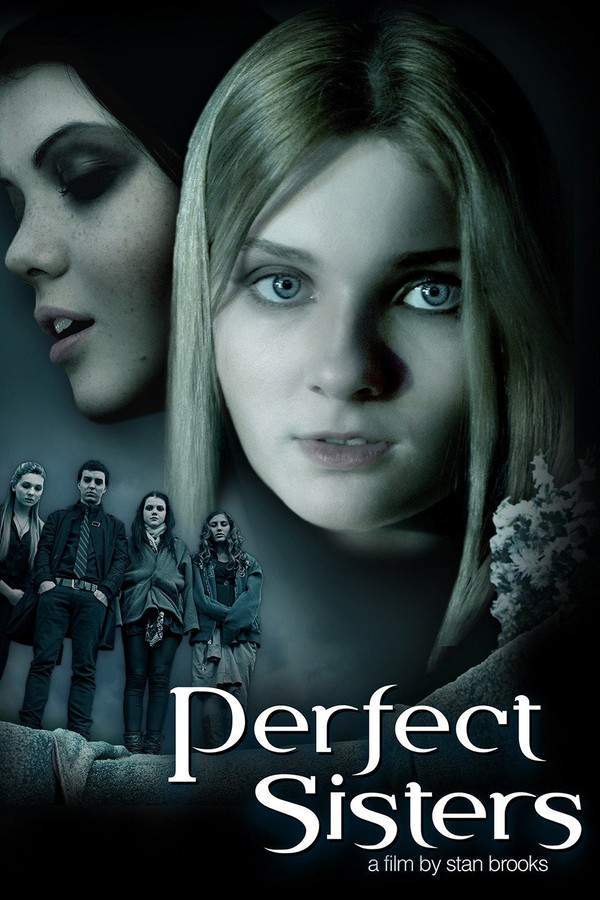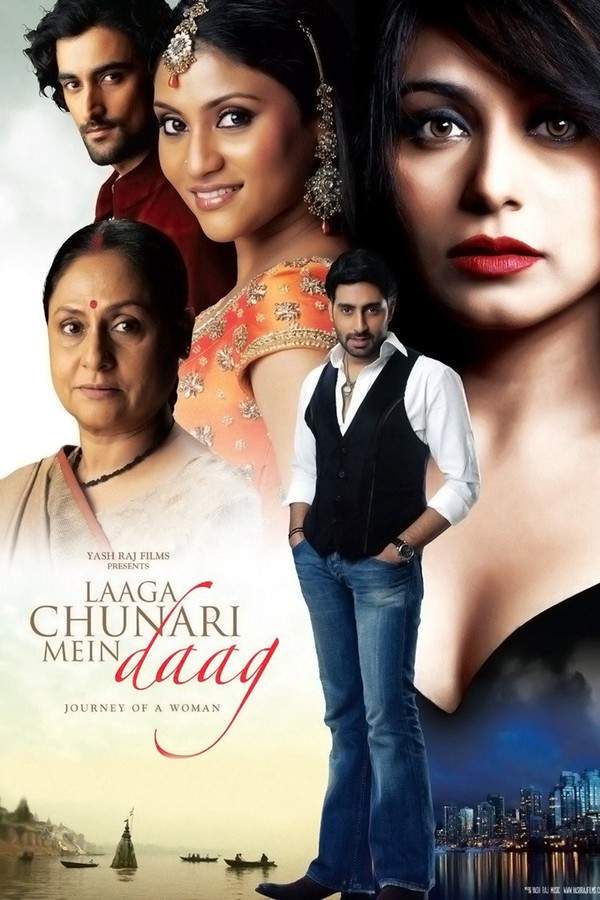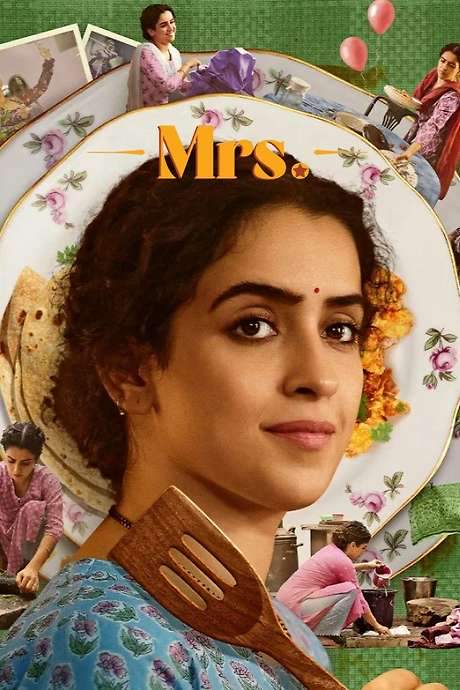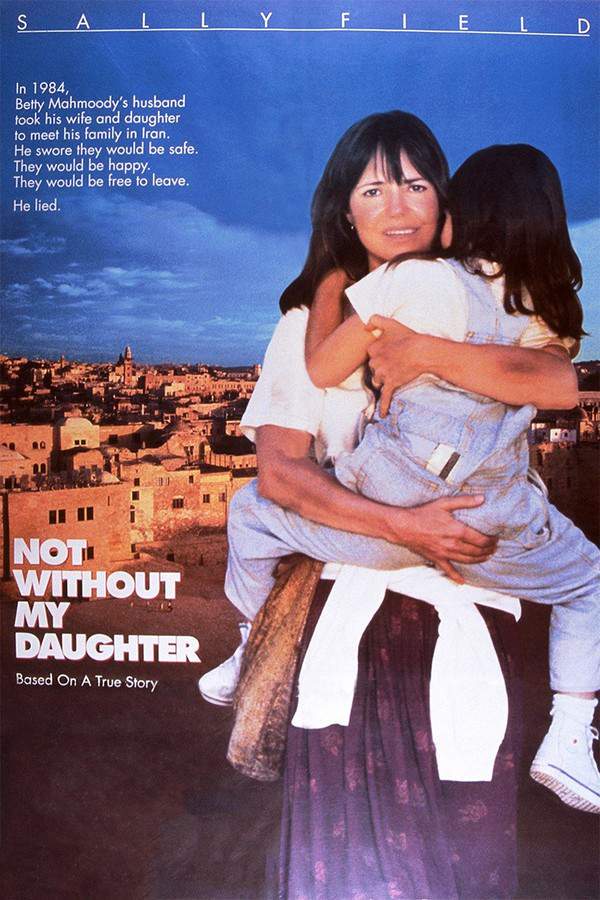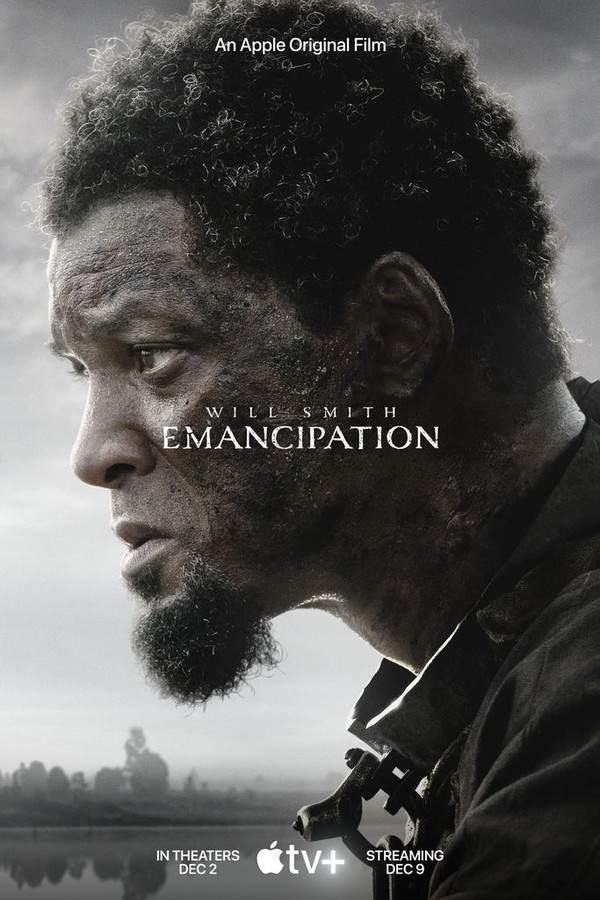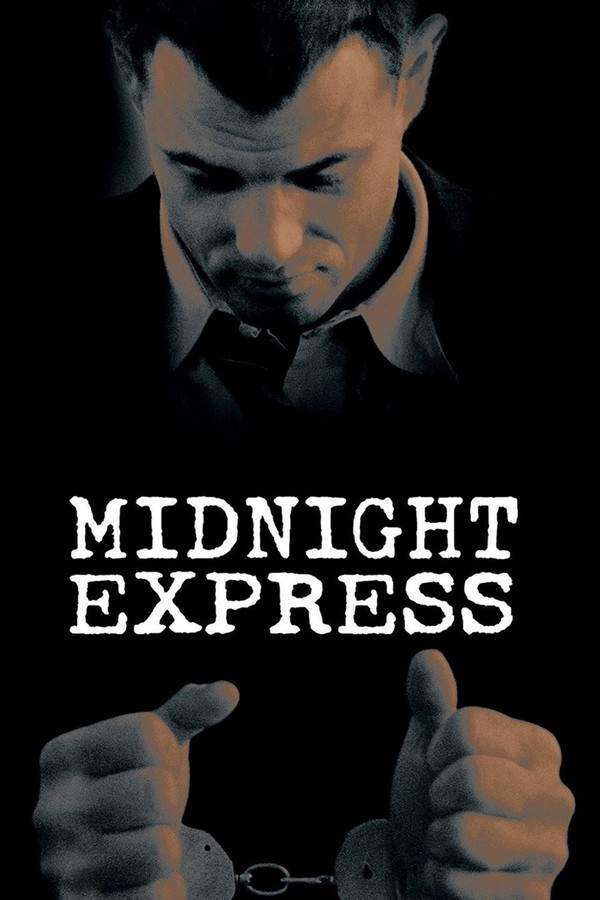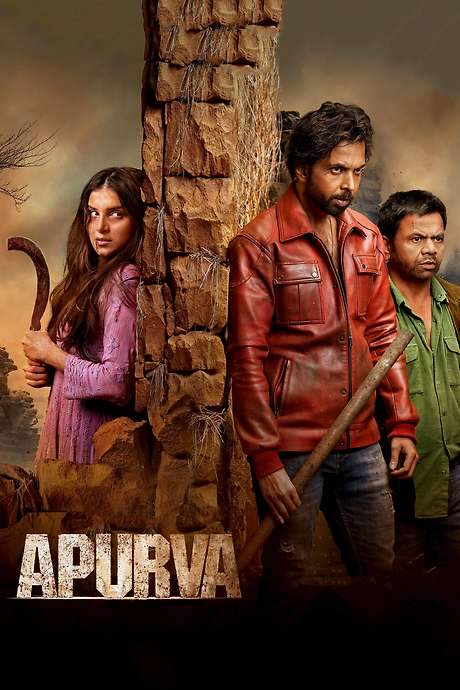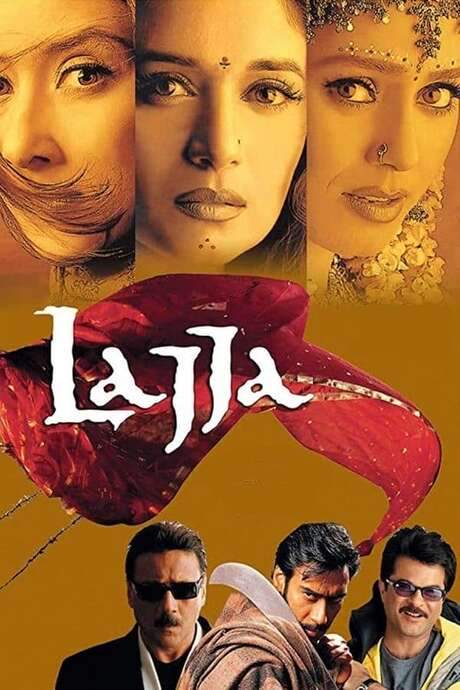
Lajja
Year: 2001
Runtime: 185 mins
Language: Hindi
Director: Rajkumar Santoshi
Vaidehi (Manisha Koirala) marries NRI Raghuvir (Jackie Shroff), but an unhappy marriage and his plan to deprive her of their unborn child drive her to flee. On her quest for freedom she befriends Mythili (Mahima Chaudhury), a bride‑to‑be, Janaki (Madhuri Dixit), a theater artist, and Ramdulari (Rekha), a village midwife—each scarred by male chauvinism yet resolute in fighting for their rights.
Warning: spoilers below!
Haven’t seen Lajja yet? This summary contains major spoilers. Bookmark the page, watch the movie, and come back for the full breakdown. If you're ready, scroll on and relive the story!
Lajja (2001) – Full Plot Summary & Ending Explained
Read the complete plot breakdown of Lajja (2001), including all key story events, major twists, and the ending explained in detail. Discover what really happened—and what it all means.
Vaidehi, Manisha Koirala, is married to Raghu Jackie Shroff, a wealthy man who presents a polished outside life but is brutal at home, treating her with contempt and hiding infidelity behind a carefully curated image. When the truth of Raghu’s behavior comes to light, Vaidehi is banished from the household. She returns to her parents, only to face their disappointment and the social stain of her departure, and soon discovers she is pregnant. The revelation deepens the peril in her life, underscoring the precarious place of a woman who dares to challenge a stifling status quo.
Raghu’s life takes a sudden turn when a car accident leaves him impotent. Hearing of Vaidehi’s pregnancy, he calls her with feigned remorse, promising to mend his ways and demanding her return. Trusting his contrition, Vaidehi goes back, only to confront a colder reality: Raghu and his father scheme to use the baby as an heir, and any protest from Vaidehi would be fatal. A friend’s warning becomes Vaidehi’s lifeline, revealing Raghu’s true, merciless intent, and she must flee from his henchmen to stay alive.
Enter Raju, Anil Kapoor, a petty but deeply humane thief who listens to Vaidehi’s tragic tale and offers quiet support. He lends her money to start anew in Haripur and accompanies her on a dangerous journey toward safety. Their paths converge at a wedding where Vaidehi encounters Maithili, Mahima Chaudhry, a cheerful, middle-class bride preparing to wed a wealthy man. Maithili’s own world is upended by social pressure and family debt, and the two women form a tenuous alliance born of shared vulnerability. At this wedding, a harsh truth about Dowry and prestige surfaces: Maithili’s father, Nekchand Aanjjan Srivastav, is pressed by the groom’s family, led by Hazarilal Govind Namdeo, to pay for opulent nuptials that would ruin the family’s standing. Vaidehi’s effort to help Maithili’s family meet these expectations collides with the realities of greed, honor, and the risk of tarnishing reputations.
The night unfolds with a near-rape attempt by Gulshan, a friend of the groom, which Raju thwarts, and the guests grow suspicious of Vaidehi’s presence. The moment of truth arrives when Gulabchand, a guest, recognizes the money Raju earlier stole, and the rumor mill spirals: Vaidehi is accused of impropriety with Raju. In a bold public act, Raju admits the truth about the theft, redeeming Maithili’s reputation in the process, while Maithili stands up to a hostile clan and defiantly rejects the stigma. Raghu, furious at the upheaval, catches up with Vaidehi and compels her to return to his world, a ride that ends amidst a crowd’s protests.
Vaidehi eventually reaches Haripur, a small town where fate threads new lives together. There she meets Janki, Madhuri Dixit, a theatre actress who is pregnant and unafraid to defy social norms. Janki’s lover, Manish, is caught in a bind as the aging Purushottam, Purshotam in the play’s orbit, Tinnu Anand—a theatrical director—manipulates truth and loyalty, turning his influence against Janki. Purshotam speaks ill of Janki to Manish, sowing doubt about the child’s paternity. In a moment of public rage during a Ramayan performance, Janki botches a scene on purpose, and the ensuing backlash from the audience leads to a violent assault that ends in a miscarriage. Vaidehi confronts Purshotam, who threatens to call Raghu, but Lata Jaya Bhattacharya intervenes, sending Vaidehi to a train bound for a safer life.
The train ride is halted by a bandit raid, but Bhulwa, a compassionate local dacoit Ajay Devgn, rescues the passengers and ferries Vaidehi to safety at Ramdulari’s home. Ramdulaari, a steadfast midwife played by Rekha Ramdulari, defies the local leaders—Gajendra and Virendra—who exploit vulnerable women. Ramdulari’s son Prakash, a reform-minded young man, falls in love with Sushma, the daughter of Gajendra, and the lovers’ union becomes a flashpoint in a larger struggle over power and dignity. Gajendra locks Ramdulaari away and hunts Prakash, while Vaidehi’s safety hangs in the balance: she is temporarily kept under control as Raghu’s plan to recover her intensifies.
Prakash and Sushma elope, but the larger score of violence returns when Gajendra and Virendra rape and burn Ramdulaari alive. Bhulwa’s response is swift and fierce: he and his small force kill Virendra and his men, rescuing Vaidehi, Sushma, and Prakash from the wreckage of power that had consumed Ramdulaari’s life. Vaidehi’s courage becomes a catalyst for change as she exposes Gajendra as both rapist and murderer in a climactic confrontation before the crowd. Her impassioned speech lays bare a brutal truth about Indian society—the way women are treated as mere burdens or instruments of dowry and male heirs—and its impact on every life, from the richest to the humblest.
The speech reverberates through the audience, sparking a collective reckoning among the women present, while Bhulwa dispenses justice off-screen, a reminder of the cost of silence. Raghu, moved by Vaidehi’s outcry and the undeniable courage she displays, reconsiders his own values and chooses to reform, seeking a renewed partnership that reconciles their past with a future built on respect. The couple returns to New York City as a united family, now expecting a daughter named Ramdulari, a living memory of the mother who fought for justice. Vaidehi’s life circles back to generosity when she reunites with Raju, who has become a taxi driver and is now married to Maithili, their bond strengthened by shared trials and a renewed sense of purpose.
To honor those struggles and extend support to others, Vaidehi invites Raju to a charity dance show where Janki takes the lead. All proceeds from these performances are dedicated to empowering women in India, continuing the film’s central message: resilience, solidarity, and the enduring power of women to reclaim dignity through collective action.
Last Updated: October 09, 2025 at 15:24
Explore Movie Threads
Discover curated groups of movies connected by mood, themes, and story style. Browse collections built around emotion, atmosphere, and narrative focus to easily find films that match what you feel like watching right now.
Movies about female solidarity like Lajja
Women bonding and fighting back against systemic oppression and abuse.If you were moved by the female solidarity in Lajja, this section features movies where women unite against oppression. Discover powerful dramas and emotional journeys about sisterhood, collective resistance, and the fight for justice in the face of systemic abuse.
Narrative Summary
These stories typically unfold through the intersecting lives of multiple female characters, each facing different forms of male chauvinism. Their individual journeys converge, forming a collective narrative of resistance that is often structured as an anthology or multi-protagonist drama, leading to a climax of unified action and empowerment.
Why These Movies?
These films are grouped together because they share a central focus on the theme of female solidarity as a force for change. They evoke a powerful mix of anger at injustice and hope through collective action, creating an emotionally heavy yet ultimately empowering viewing experience.
Intense escape and survival movies like Lajja
High-stakes escapes from oppression, fueled by desperation and hope.For viewers who appreciated the high-stakes escape narrative in Lajja, this list curates gripping movies about survival and the quest for freedom. Find similar stories of characters fleeing abuse, facing dangerous odds, and fighting for a new beginning against all odds.
Narrative Summary
The narrative pattern is a linear or episodic escape journey, punctuated by tense chase sequences and quiet moments of precarious refuge. The protagonist's arc is one of survival and gradual empowerment, moving from victimhood to agency through sheer resilience, often aided by unexpected allies met along the way.
Why These Movies?
This thread groups films that deliver a specific, intense emotional rhythm: a cycle of oppressive tension followed by bursts of urgent action. The shared vibe is one of anxiety, urgency, and a deep emotional investment in the protagonist's survival and ultimate liberation.
Unlock the Full Story of Lajja
Don't stop at just watching — explore Lajja in full detail. From the complete plot summary and scene-by-scene timeline to character breakdowns, thematic analysis, and a deep dive into the ending — every page helps you truly understand what Lajja is all about. Plus, discover what's next after the movie.
Lajja Timeline
Track the full timeline of Lajja with every major event arranged chronologically. Perfect for decoding non-linear storytelling, flashbacks, or parallel narratives with a clear scene-by-scene breakdown.

Characters, Settings & Themes in Lajja
Discover the characters, locations, and core themes that shape Lajja. Get insights into symbolic elements, setting significance, and deeper narrative meaning — ideal for thematic analysis and movie breakdowns.

Lajja Spoiler-Free Summary
Get a quick, spoiler-free overview of Lajja that covers the main plot points and key details without revealing any major twists or spoilers. Perfect for those who want to know what to expect before diving in.

More About Lajja
Visit What's After the Movie to explore more about Lajja: box office results, cast and crew info, production details, post-credit scenes, and external links — all in one place for movie fans and researchers.


